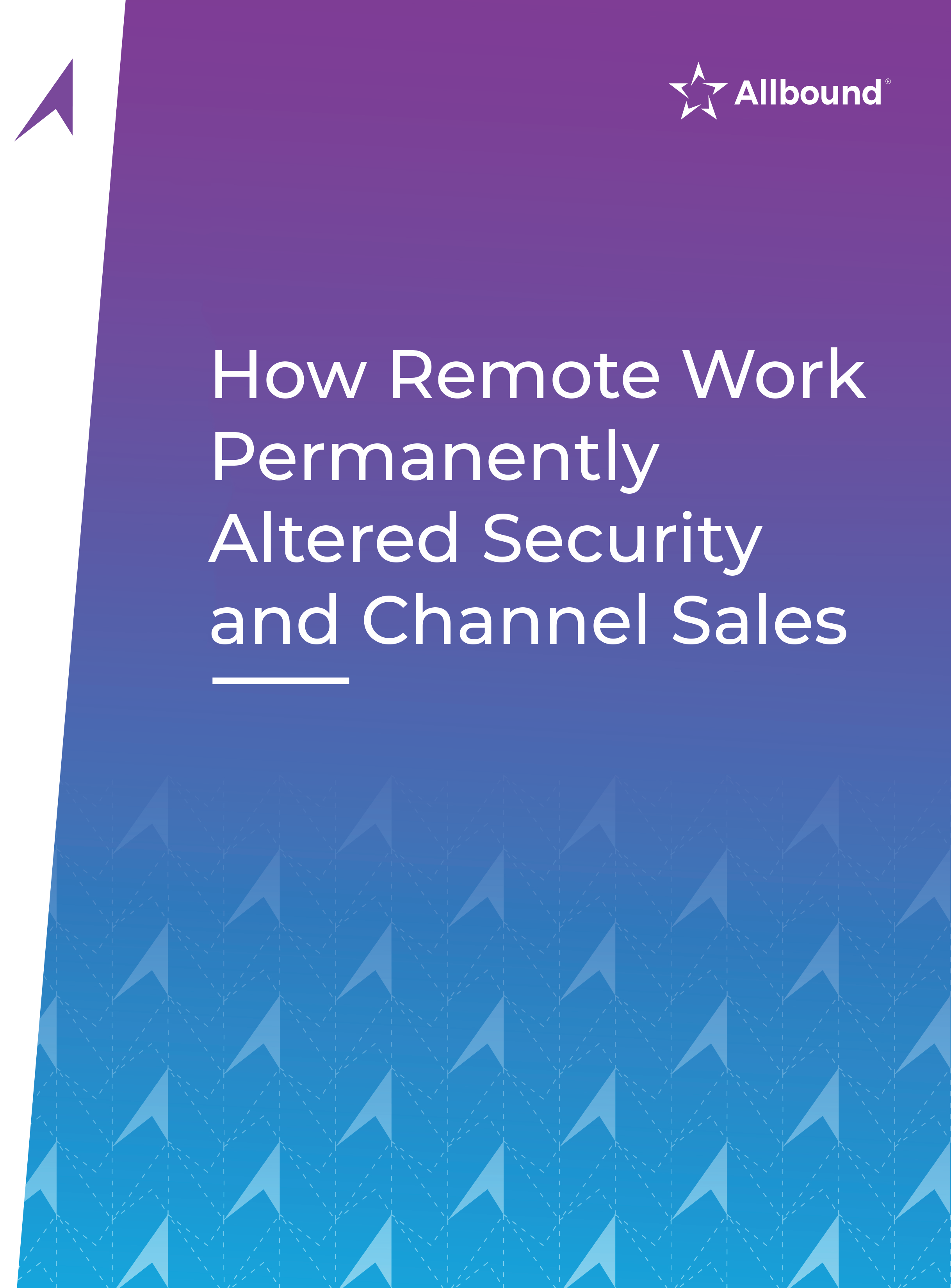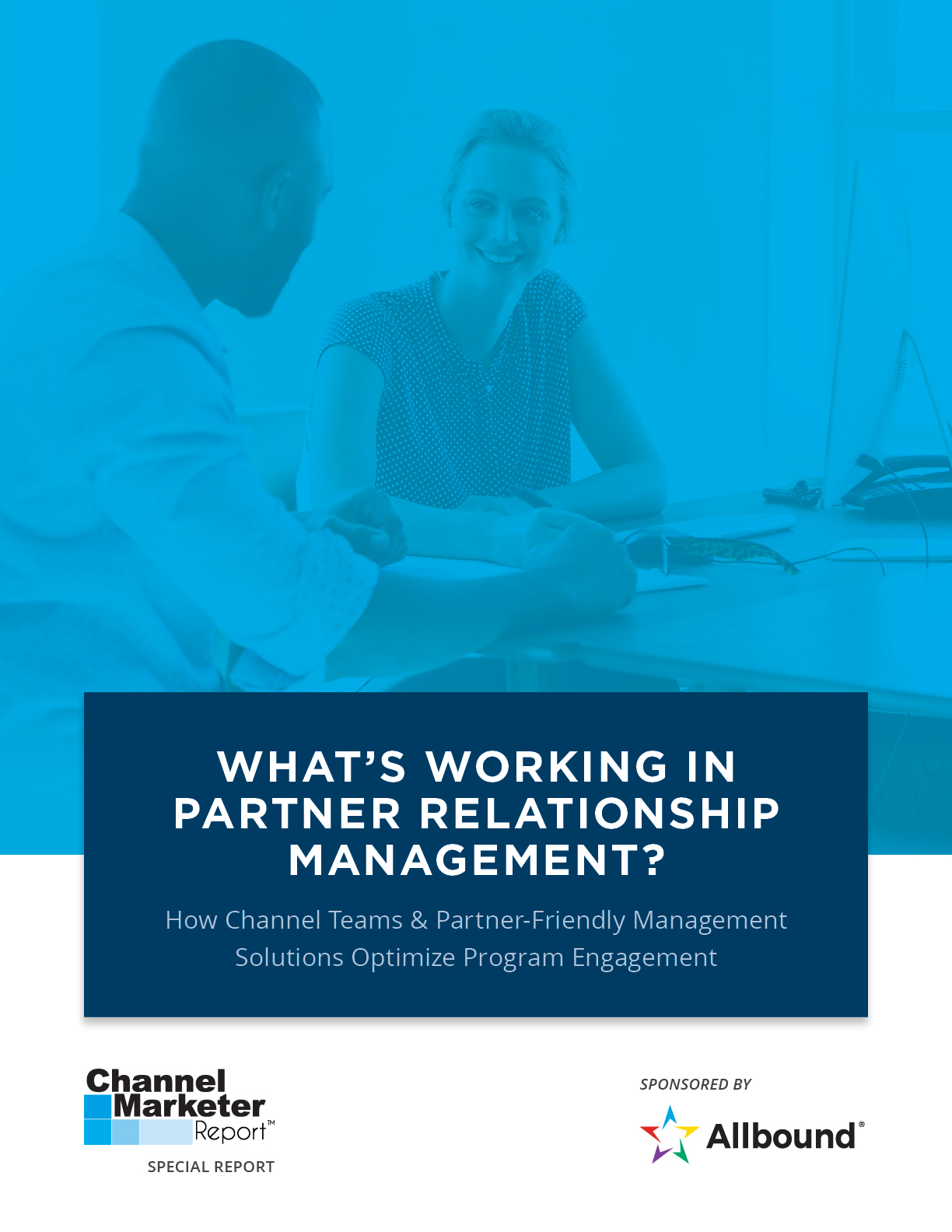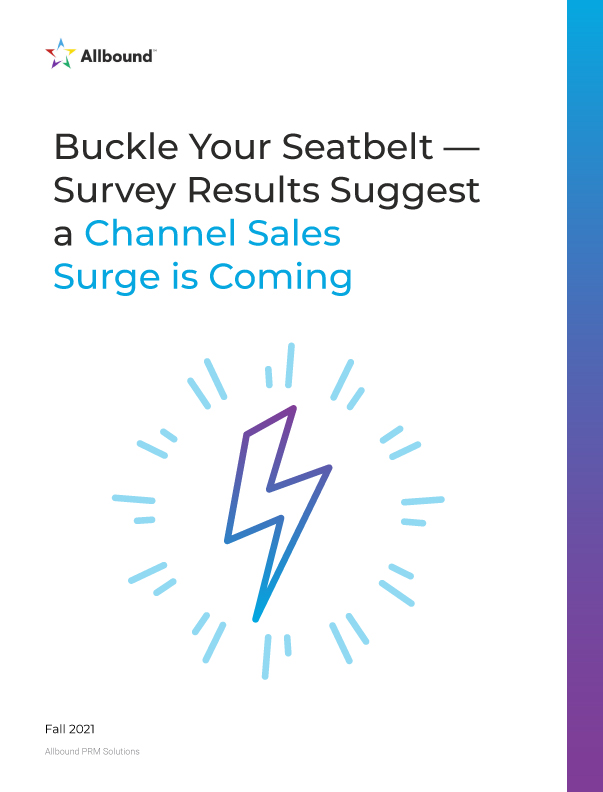Topics
Market Development Funds: How MSPs And Vendors Can Reach New Customers – Together
By Nate Freedman, CEO, Tech Pro Marketing
As someone who provides marketing services for Managed IT Services Providers (MSPs) across North America, I love the concept of market development funds.
Top-of-the-line marketing services don’t come cheap. Even if a company has a sizable marketing budget, hiring an agency requires a great deal of financial investment, and my team is aware of that.
That being said, if there’s a way for our clients to receive some help with payments from their vendors, we don’t want to discourage that opportunity. For example, a market development fund (MDF) involves a situation where money is made available to a reseller (i.e. our MSPs) so that they can market and sell a vendor’s specific product or service.
We’ve seen vendors provide funds for in-person events like lunch-and-learns, virtual events, webinars, and even paid advertising campaigns. That’s great – but I have to say, I’ve seen this marketing money go to waste a few too many times.
The mistake that many vendors (and MSPs) make is spending a large chunk of the money on campaigns – only to walk away with what is essentially a glorified advertisement for a vendor’s particular product or service.
In doing so, they’ve ignored the greatest opportunity that comes with MDFs: leveraging the power of the MSP’s brand and their relationship with their customers.
In this post, I want to talk about three things: why MDFs can help, what really doesn’t work, and what you can do to maximize your use of available funds.
MDFs Can Be Extremely Valuable
I want to be clear: market development fund programs can be a huge asset when it comes to MSP marketing. They create competitive advantages within vendor organizations and give vendors the chance to leverage marketing knowledge and increase returns. Money flowing into marketing to new customers is certainly a good thing.
However, an MDF program is also complex. You need to be extremely strategic in understanding what the funds will help achieve and how they will be used to secure long-lasting, valuable customers.
That brings us to our next point: don’t promote MSP or vendor services.
Why Promoting Services Doesn’t Work
This sounds backward, I know, but it’s a serious marketing mistake I’ve hammered on time and time again. Let me spend a few minutes on my soapbox explaining what I mean.
The modern buyer is not looking to buy a product or service. They are hoping to buy a solution.
Therefore, if you are spending most of your marketing funds listing out your services and describing the top details of your products, you’re missing the point. Customers don’t want to know what you’re selling, but how you can help them achieve bigger and better things for their business.
Back in the day, it was enough for a vendor to claim they were a favored HP partner or that they sold top-of-the-line Microsoft hardware. People loved to hear MSPs drop names and trusted the well-known products and services they sold.
Now, the modern buyer doesn’t really care if you work with big-wig tech companies or if a vendor sells a specific brand of software.
MSPs are working with smarter customers that do their research, and they’re open to new and different technology. They don’t want to know that it’s the most popular or from the “best” brand – they want to know if it’s right for their problems and goals.
Here’s an example of two different marketing scenarios.
Let’s say you give two MSPs market development funds and tell them to use the money to write an article about email security, which you help provide.
One MSP writes a lengthy article about the specific brand of email security software they sell, who has used it before, what it includes, and the results they saw in one previous client’s security.
The other MSP uses the funds to write a blog post about how to build an organization wide email security strategy and the net benefits that provides. They might touch on services or products, but overall, they focus on providing value and insights into what a busy c-level executive needs to know.
Who do you think just built a better, longer-lasting relationship with a client? In 9 out of 10 scenarios, I believe the MSP that focused on communicating value over specific services will fare better and therefore sell more of the vendor’s offerings.
These days, MSPs are all about relationships, not products and services. Their success with clients is built upon a foundation of “it’s not what I can do, it’s what I can do for you.” If you can ensure that MDFs are used to support and empower that theme, then you can certainly see some powerful, positive results.
So… how can you push to do that?
How Vendors Can Secure The Best Results from MDFs
My recommendation is to remember that MSPs don’t sell services, but broad solutions. As great as a vendor’s reputation and name might be, the modern customer just doesn’t care – they just want to know they’re receiving help and fixes they can trust.
If a vendor wants an MSP to sell more of their product or service, they need to do one thing: focus on helping their partnered MSPs promote themselves. It may sound altruistic, but in reality, building an MSP up as a trustworthy, reputable company will help them build better relationships.
It’s simple, really: the higher number of strong relationships an MSP has with new and old customers, the more they’re going to sell the vendor’s product.
Market development funds need to go to your MSP not to help them do what you want, but to empower them to do what they need to forge stronger relationships with their own clients.
Adopt that mindset and you can extract a bigger return on an MDF program.
The Bottom Line
I just said a lot, but if you walk away from this article remembering anything, let it be this: market development funds can be extremely valuable and effective when used to highlight MSPs’ value, rather than to simply advertise products and services like a billboard.
Nate Freedman is the CEO of Tech Pro Marketing. A marketing and lead generation agency that doesn’t just focus on helping MSPs – it exclusively works with MSPs, helping them grow their business and generate new leads.











